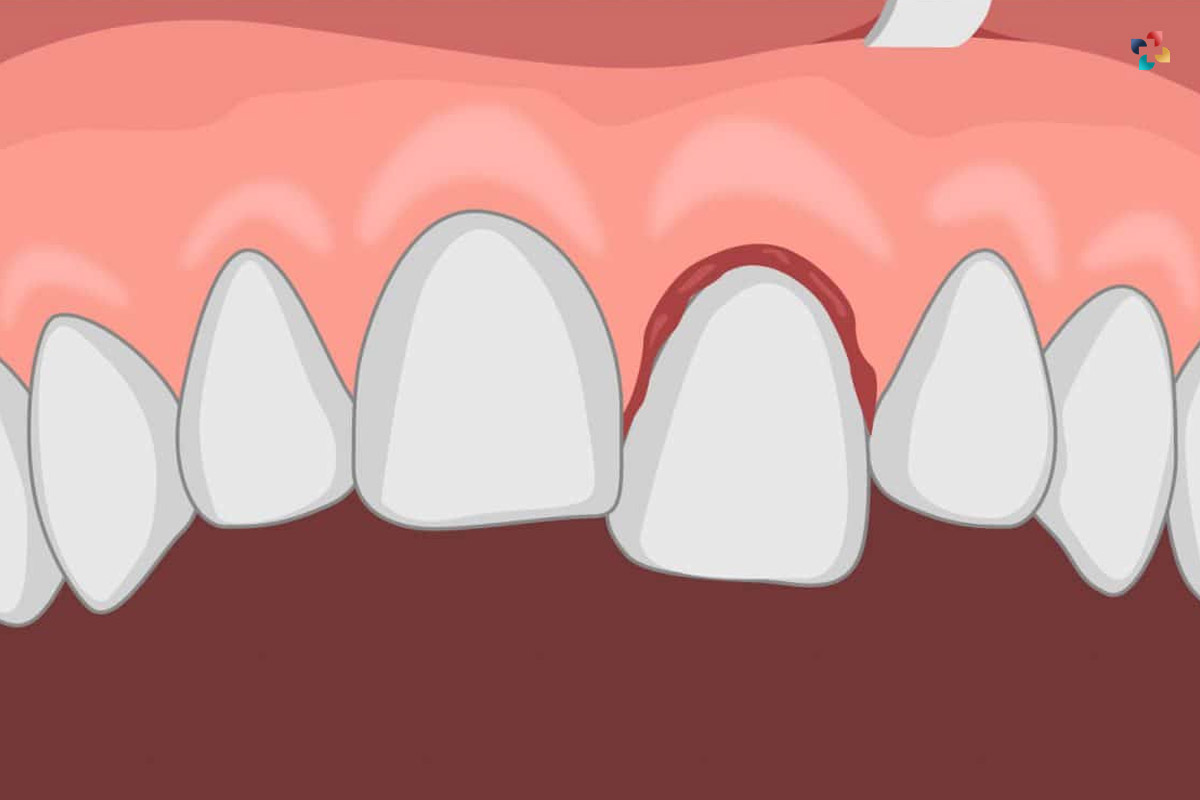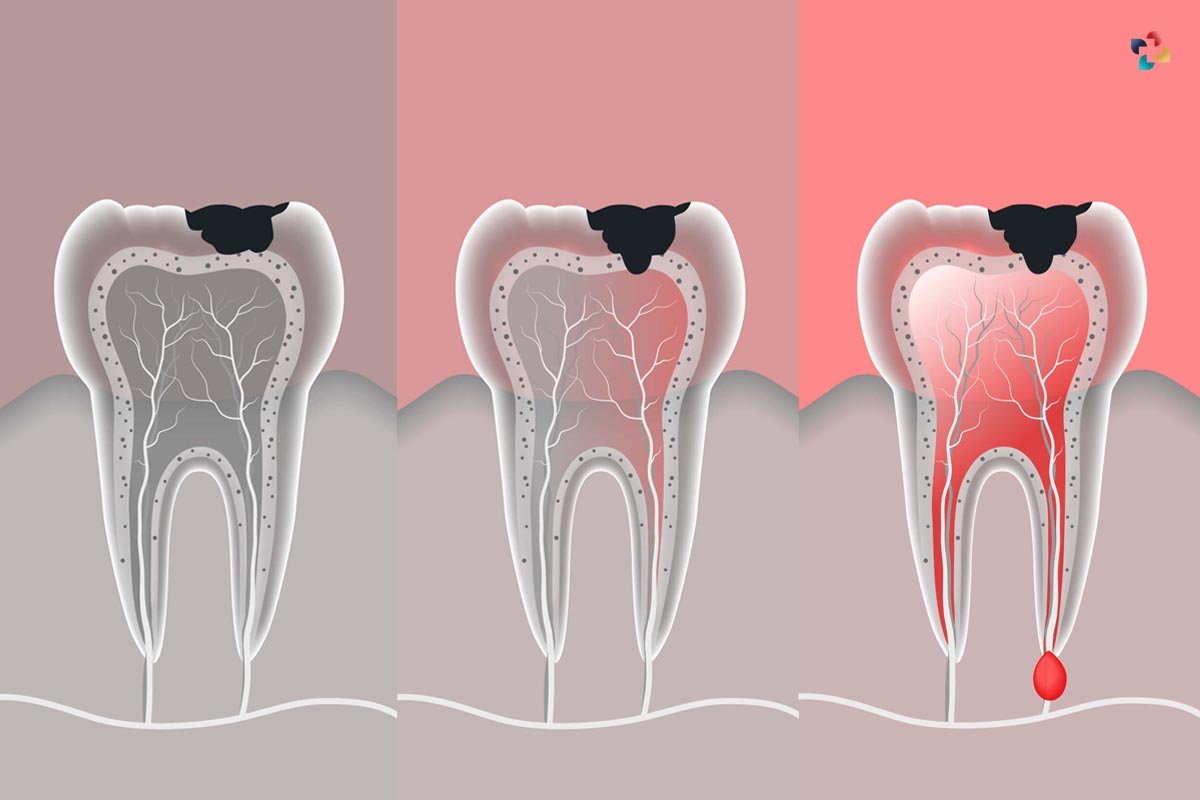A toothache may be caused by tooth sensitivity, a mouth injury, dental decay, an infection, or other factors. The intensity of your toothache is not always indicative of the seriousness of the condition.
Moreover, a toothache might be severe even if the Causes of Tooth Pain by a little issue. This might make it difficult to determine whether tooth discomfort is acute and warrants a visit to the dentist.
Here are 11 Causes of Tooth Pain and What to Do About It;
1. You have super sensitive teeth.
If you have tooth discomfort whenever you consume cold foods or beverages, such as when you drink ice water or bite into an ice cream bar, you may have dental sensitivity. There can be different causes of Tooth Pain, but super-sensitive teeth are the ones that can be easily treated.

How to deal with it: Treatment for cold sensitivity might vary according to the severity of the discomfort. Typically, toothpaste containing potassium nitrate or stannous fluoride, such as Sensodyne, may ease mild sensitivity.
2. You’re suffering from TMD (temporomandibular disorder).
TMD is sometimes referred to as TMJ, which really refers to the diseased temporomandibular joint. The reason for TMD is not always clear. Other Causes of Tooth Pain include teeth clenching or grinding (which exerts a great deal of strain on the joint), dislocation of the disc between the mandible and the skull, and arthritis.”
How to deal with it: If you grind your teeth and feel joint discomfort, headaches, restricted mouth opening, and face pain, Botox injections into your mastication muscles may reduce the power with which they contract.
Other, more economical treatments include custom-made or over-the-counter mouth guards, physical therapy, nonsteroidal anti-inflammatory medicines (NSAIDs) such as ibuprofen or naproxen, muscle relaxants, and even a heating pad.
3. You had your teeth whitened lately.
Whitening one’s teeth might create discomfort since the bleach can temporarily make the teeth porous. This is nearly typically resolved within a few days or by using Sensodyne toothpaste.
Brushing your teeth with Sensodyne a week or two before bleaching may help reduce tooth sensitivity.
4. Your vigorous brushing has caused gum recession.
Applying excessive force or brushing too hard might potentially cause more issues and discomfort.
How to deal with it: You cannot “reverse” the damage caused by over-brushing, but you may schedule an appointment with your dentist, who can insert tooth-colored fillings in the worn-down portions of your teeth.
5. You suffer from a gum infection.
If you have been diagnosed with periodontal (gum) disease, you are not alone. Gum infection and bacterial infection can be the major Causes of Tooth Pain in adults.
How to deal with it: As soon as you see any of these symptoms, you should visit your dentist. Infection of the gums may progress to abscesses, which can be considerably more painful. Your dentist must quickly remove the gum tissue around the affected tooth and administer antibiotics and mouth rinses.”
6. You have sustained dental trauma.

Surprisingly, you may be unaware that you have had tooth damage. It may be the effect of an event that occurred decades ago. This may be caused by falling and striking the teeth, being in a vehicle accident when the mouth or jaw is impacted, or even chewing on food that traumatizes the tooth.
How to deal with it: Typically, a dead tooth is treated with a root canal and crown, and if the tooth must be extracted, a bridge or removable prosthetic such as a partial denture is implanted.
7. You have a terrible sinus infection.
Especially during allergy and flu season, a sinus infection may manifest in a manner that is not typical.
How to deal with it: As an alternative to dental care, a family doctor may prescribe a decongestant and maybe an antibiotic.
8. During sleep, you grind or clench your teeth.
This practice may have previously been brought to your attention by a significant other, but it may cause more than simple discomfort to your bed partner.
How to deal with it: There are several methods to address this sort of discomfort, including the use of a night guard, which helps to remove stresses from certain teeth and distribute them equally across the oral cavity.
9. You recently had a filling or had a tooth drilled.
If this is the case, you may experience heightened sensitivity while biting down on the treated region.
How to deal with it: Since you’ll likely notice this after you’ve left the dentist’s office, you’ll need to arrange a follow-up appointment so your dentist can evaluate the bite and make small modifications to reduce the discomfort.
10. You have a damaged tooth.
This may be caused by a variety of factors, including biting into something hard that cracks the tooth, an injury from outside the mouth, such as a fall or an accident, or even clenching and grinding the teeth.
How to deal with it: Visit your dentist promptly so he or she may check or repair the region before the crack develops, and avoid biting anything hard immediately.
11. You have a cavity that has progressed into severe tooth decay.

Small to moderate decay normally does not cause discomfort. The onset of discomfort indicates the need for a root canal since germs have gained access to the pulp via a cavity. Cavity and Severe tooth decay are the most common Causes of Tooth Pain.
How to deal with it: Some tooth pain and infections may be life-threatening if left untreated and can spread throughout the body to cause an even worse illness.
To Know More About Dental Issues Visit: 5 Reasons: Why It Is Important to Visit The Dentist Regularly?








